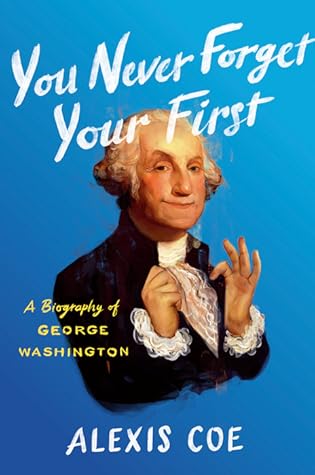More on this book
Community
Kindle Notes & Highlights
by
Alexis Coe
Read between
July 1 - July 10, 2020
In London, writer Samuel Johnson railed against the hypocrisy of “these demigods of independence” in a forty-page pamphlet asking, “How is it that we hear the loudest yelps for liberty among the drivers of negroes?”4
If America was not a sovereign nation, its soldiers were “rebels,” which meant the British didn’t have to follow established rules on the treatment of prisoners. They’d answer to no one but themselves.
To pigeonhole him as a military leader is to underestimate how much the fledgling government needed Washington as a diplomat and political strategist. His ability to manage large-scale combat while also running spy rings and shadow and propaganda campaigns in enemy-occupied areas is a significant—and often overlooked—part of the Revolutionary War.
Political partisanship, Washington predicted, would reduce the government to a crowd of bickering representatives who were very good at thwarting each other but got very little accomplished for their constituents. And for all his talk of unity, he had come to see people as for or against his administration and had little patience for criticism. Unbridled partisanship was his greatest fear, and his greatest failure was that he became increasingly partisan.


